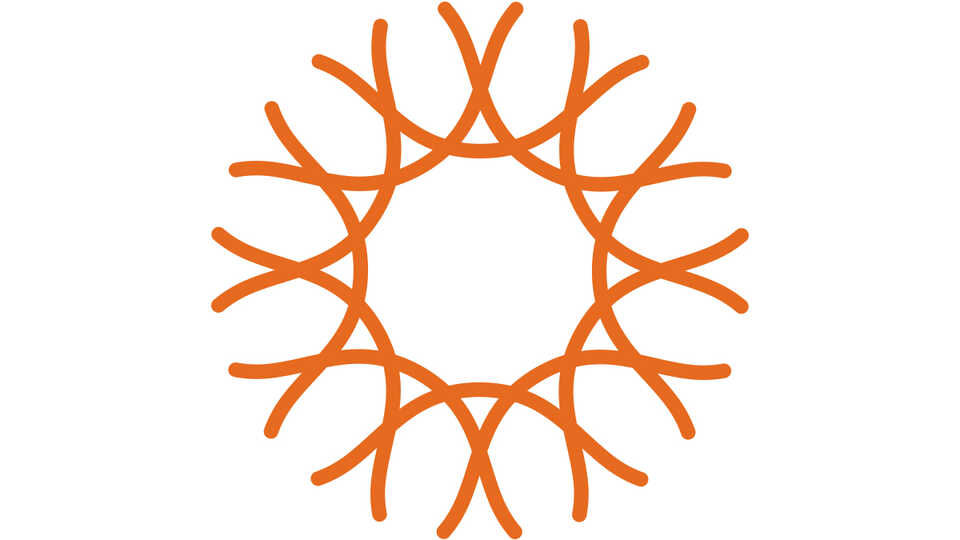Appointment coincides with the island’s new status as a United Nations World Biosphere Reserve

SAN FRANCISCO (May 29, 2013) — Dr. Robert Drewes, curator of herpetology at the California Academy of Sciences, was appointed this month to the Scientific Advisory Council for the African island of Príncipe. Príncipe Regional President José Cassandra, as well as São Tomé and Príncipe Prime Minister Gabriel Costa, acknowledged Drewes’ ongoing contribution to the understanding of the island’s biological diversity, during a May 4 ceremony in Príncipe celebrating its international recognition as a World Biosphere Reserve.
“It has been very gratifying to have the Academy’s work be a part of creating the country’s first World Biosphere Reserve,” said Drewes. “These islands are truly unique yet poorly known.”
Organized by the United Nations Educational, Scientific and Cultural Organization (UNESCO), World Biosphere Reserves are sites established by countries to promote sustainable development based on local community efforts and sound science. As places that seek to reconcile conservation of biological and cultural diversity with economic and social development, World Biosphere Reserves are recognized as sites of excellence that share their learnings through regional and international networks. There are currently 621 biosphere reserves in 117 countries, including 47 in the United States.
Over a span of 40 years, Drewes has embarked on numerous expeditions to Africa, where he has focused on the evolutionary relationships, natural history, and biogeography of amphibians and reptiles. Since 2001, he has focused his attention on São Tomé and Príncipe, located in the Gulf of Guinea off Africa’s west coast. Although it is a tiny nation—at 370 square miles, only about eight times the size of San Francisco—the two islands host a number of plants, fungi, birds, reptiles, and amphibians found nowhere else on Earth, including the highest concentration of endemic birds in the world by area. Over the past 13 years, Drewes has organized seven multidisciplinary expeditions to the islands in an effort to document their unique biodiversity and gather data for conservation plans. These expeditions have included more than 40 scientists and their graduate students. Last year, Drewes provided a substantial body of biological information, including lists and photographs of flora and fauna, to the committee applying for Príncipe’s inclusion as a UNESCO World Biosphere Reserve.
The Institute for Biodiversity Science and Sustainability at the California Academy of Sciences is at the forefront of efforts to understand two of the most important topics of our time: the nature and sustainability of life on Earth. Based in San Francisco, the Institute is home to more than 100 world-class scientists, state-of-the-art facilities, and nearly 46 million scientific specimens from around the world. The Institute also leverages the expertise and efforts of more than 100 international Associates and 400 distinguished Fellows. Through expeditions around the globe, investigations in the lab, and analysis of vast biological datasets, the Institute’s scientists work to understand the evolution and interconnectedness of organisms and ecosystems, the threats they face around the world, and the most effective strategies for sustaining them into the future. Through innovative partnerships and public engagement initiatives, they also guide critical sustainability and conservation decisions worldwide, inspire and mentor the next generation of scientists, and foster responsible stewardship of our planet.
Press Contacts
If you are a journalist and would like to receive Academy press releases please contact press@calacademy.org.
Digital Assets
Hi-res and low-res image downloads are available for editorial use. Contact us at press@calacademy.org to request access.